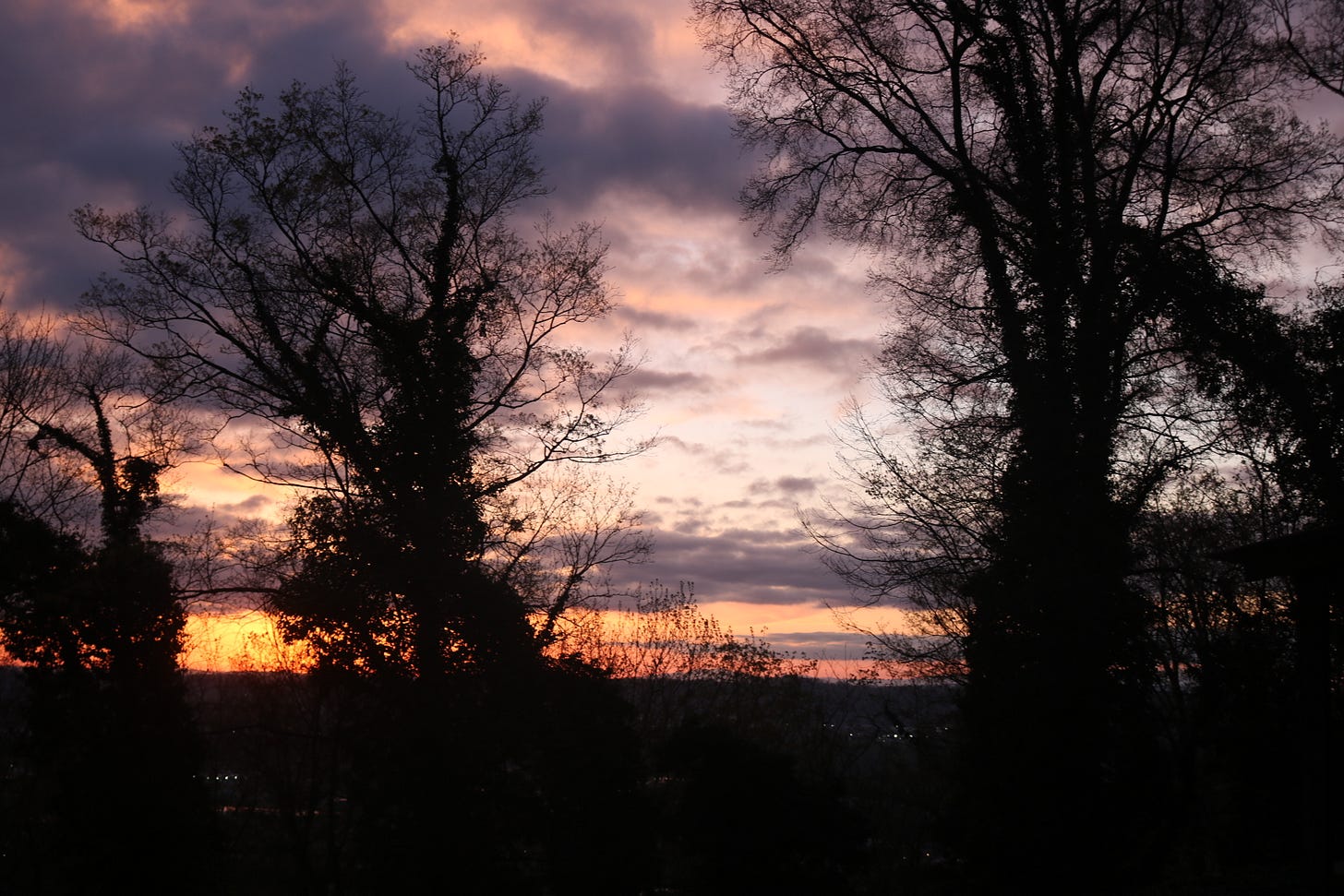Marilou Awiakta speaks for A Living Culture.
I often see people wearing shirts that say, “You’re in America; speak English.” Perhaps we should design a twin for this shirt, saying, “ You’re in Appalachia, Speak Cherokee.” It seems appropriate for a state that takes its name from the Cherokee village of Tenasi, though only part of Tennessee is Appalachian and outside the historic range of the Cherokee.
Living by this motto would be challenging since I am not Cherokee and neither speak nor read the language. Speaking of another culture with a different language and religion puts me on shaky ground, so I will proceed as respectfully as possible. I rely heavily on the book, Selu, Seeking the Corn Mother’s Wisdom by Cherokee/Appalachian poet, storyteller, and essayist Marilou Awiakta. https://www.goodreads.com/book/show/976360.Selu.
Awiakta was born in Knoxville and grew up in Oak Ridge, where her father worked as an accountant in the growing nuclear industry. She has designated the University of Tennessee to receive her personal and professional papers. The UT library celebrated this transfer by producing the video, A Conversation with Marilou Awiakta, now available on YouTube:
Her grandfather named her Awiakta, which means “eye of the deer.” She tells the stories of Selu, who brought the gift of corn to the people, and of Selu’s husband, Kanati, the lucky hunter. She speaks of the chief of the deer people, Awi Usdi, Little Deer, who punishes hunters who are disrespectful when killing animals.
She says that these stories are not metaphors. They are the truth.
Awiakta also speaks of Nanyehi, Nancy Ward, the beloved woman, and presents an interview with Wilma Mankiller, the first woman to serve as principal chief of the Cherokee Nation of Oklahoma. She focuses on the honored role of women in Cherokee culture.
Awiakta’s discussion of the Tellico Dam, also named for a Cherokee town, is perhaps the most revealing part of this book. As the dam was built on the Little Tennessee River, white and Cherokee landowners resisted the sale of their land to the Tennessee Valley Authority. Some of that land was later sold to real estate developers, reigniting the controversy. TVA admitted that the small amount of electricity generated by the dam does not significantly contribute to the grid.
Awiakta’s story of the Tellico dam also focuses on Chota, a Capital and Mother Town of the Cherokee Nation before the Trail of Tears Removal. Chota and Tenasi are now underwater. Awiakta considers the Tellico Dam a continuation of the Trail of Tears, the Cherokee removal, and the taking of Cherokee land.
The final unit of the book is nearly 100 pages on living with a sound mind and surviving in contemporary culture. The previous 200 pages are history and prologue.
Awiakta’s first book was a poetry collection titled Abiding Appalachia: Where Atom and Mountain Meet. An excerpt appears in Selu: Seeking the Corn Mother's Wisdom. She speaks of the power of the atom, revealed to her as she grew up in Oak Ridge, Tennessee, and of the importance of atoms as building blocks of the natural world. Her logo is a deer surrounded by a diagram of atomic particles, and she speaks of the atom as a nurturing mother. https://www.goodreads.com/book/show/1187790.Abi.
Family is also vital to Awiakta. In Rising Fawn and the Fire Mystery, she speaks of the separation of Rising Fawn, a Choctaw girl, from her family during the removal to Oklahoma. A brief excerpt appears in Selu. After hearing the story from a Choctaw family, Awiakta developed her rendering of the written and oral story. She only wrote the story after receiving permission from her sources, to do otherwise would be cultural appropriation.
https://www.goodreads.com/book/show/1970906.Rising_Fawn_and_the_Fire_Mystery.
Awiakta’s approach to conservation emphasizes staying in touch with the earth through Cherokee and Appalachian Culture. She speaks eloquently about women's issues and aboriginal rights. Since she grew up in Oak Ridge, Tennessee, during the Manhattan Project, it is only natural for her to speak about atomic energy.
Her essay "Daydreaming Primal Space" is parallels parts of Selu: Seeking the Corn Mother's Wisdom. It appeared in The Woods Stretched for Miles, an anthology of Southern nature writing from the University of Georgia Press https://ugapress.org/book/9780820352763/the-woods-stretched-for-miles/.
The anthology Writing Appalachia, edited by Katheryn Ledford and Theresa Lloyd, included five of Awiakta’s poems. “Smoky Mountain – Woman” and the others emphasize the strength of Appalachian and Cherokee people. The list of contributing authors in this anthology spans centuries, from early authors to 21st-century publications. https://www.kentuckypress.com/9780813178790/writing-appalachia/.
Awiakta resides in Memphis, her husband, Dr. Paul Thompson’s hometown. The public television station recorded the interview “A Conversation with Marilou Awiakta.”




